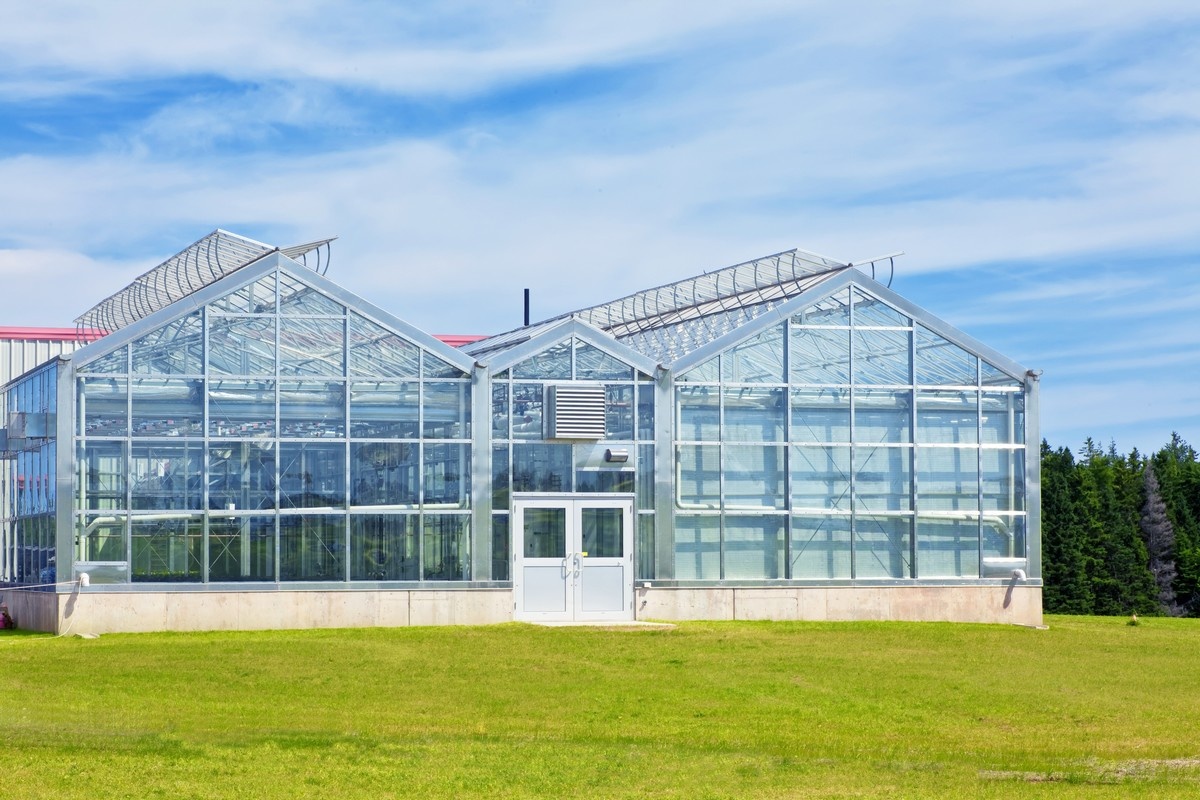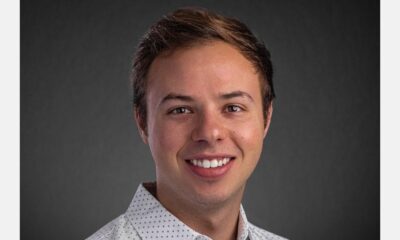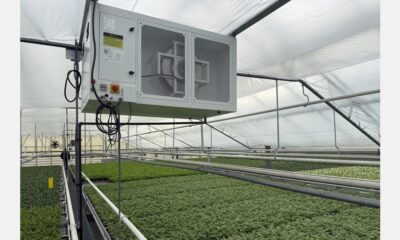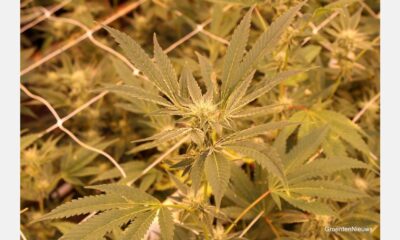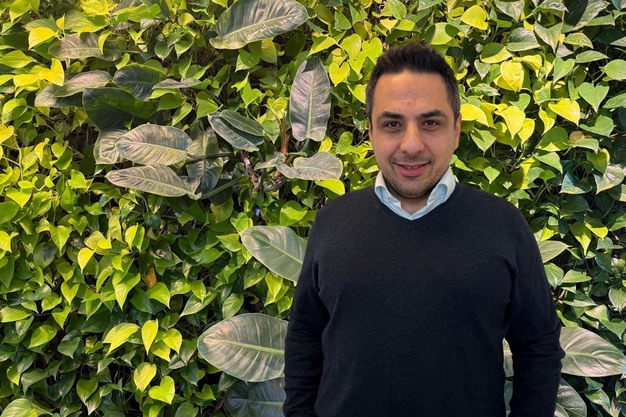Cannabis News
Delivering cool cover for energy and water for greenhouses in diverse climates

Cannabis News
DesignLights Consortium announces new Industry Advisory Committee members
Cannabis News
Glass House Brands announces new member of Board of Directors
Cannabis News
KUBO adds new member to sales team
-

 Cannabis News5 months ago
Cannabis News5 months ago“Our system can manage equipment across 10,000+ m² using just a few wires”
-

 Florida6 months ago
Florida6 months agoFlorida Workshop to Discuss What Constitutes a ‘Cartoon’ in Hemp Packaging
-

 Canadian Cannabis News6 months ago
Canadian Cannabis News6 months agoGerman Retail Acquisition Pending for High Tide – New Cannabis Ventures
-

 Video6 months ago
Video6 months agoRe-release of the full show of Cannabis Coast to Coast news. Republican Texas DA Fires Up vs. laws;
-

 Best Practices6 months ago
Best Practices6 months agoYour Cannabis Business: Consistent Filings Are Critical
-

 Video6 months ago
Video6 months agoFrom Finance to Wellness: Brad Zerman’s Impactful Pivot
-

 Video5 months ago
Video5 months agoTexas DA Partakes on Tik Tok to prove a point; Boston Sheriff arrested for Extortion of $ w/ Ascend
-

 Video5 months ago
Video5 months agoDEA’s Cole Reverses His “priorities” ; Prohibitionists Dig In; Dead & Co Celebrates 60 years in SF

